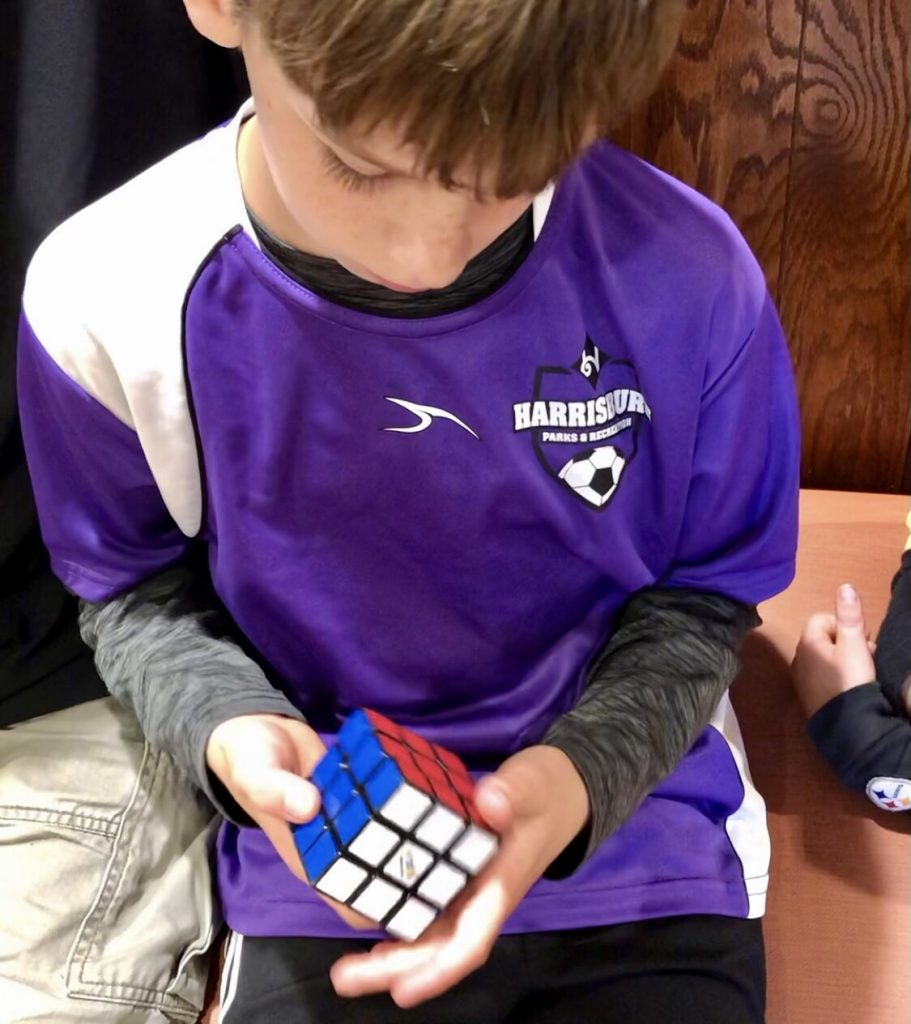Children’s IQ scores drop considerably in the past few years. The drop began in 1975 after the Flynn Effect. The Flynn effect references a “secular increase in population intelligence quotient (IQ) observed through the 20th century.” It states that rapid IQs increased about 3 points per decade. Previously, student scores increased because of good nutrition and improvements in education.
Today, the decline in the intelligence quotient is because of various approaches to reading and math in schools. Reports show the drop isn’t in reverse. The decrease in IQ scores among young students is around seven points per generation.
Children’s IQ scores measure the ability to reason, develop language, process information quickly, memorize, increase their ability in math, and develop visual-spacial understanding.
Children’s IQ Scores and the Consequences
A study at five universities claim babies born during the pandemic possibly have lower IQs. They are about 22 points lower than normal. The results may be the lack of socialization and parental engagement.
Also, studies show that young students have reduced verbal, motor, and overall cognitive performance compared to pre-pandemic children.
Some reasons for lower IQs in students include technology. It consumes a student’s time. Also, changes in diets and nutrition contribute to intelligence. Children’s diets not not contain fish. Research shows that children who eat fish score at least four points higher on IQ tests than children that do not eat fish.
Effects of lower IQs result in students’ problem-solving capacities. It also influences the global economy. Thus, it limits progress and causes fewer scientific breakthroughs. Thus, creates an immobile economy. High IQ students have intellectual possibilities. Low scores have limited possibilities.
Improving Children’s IQ Scores
Memory activities improve intelligence. Activities such as jigsaw puzzles, crossword puzzles, card games, and math games are excellent. They improve reasoning and language skills.
Complex activities improve intelligence. These include scrabble, pictionary, brainteasers, and the game of red light/green light.
Visual and spatial reasoning increases IQ scores. Such activities as mazes, point of view activities, 3D models, and unfolded prisms.
Musical instruments play an important role in raising the IQ level.
Reading frequently increases the IQ.
Exercise increase children’s IQ scores. Exercise is more effective than the participation of an online game.
Meditation helps cognitive processing.
It is questionable to raise the IQ. However, research suggests the possibility through certain brain-training activities. Activities and games and the engagement of new skills keep the brain active.
Intelligence and IQ are not the same. IQ is several intelligence traits. Intelligence is the ability to understand. Students with high intelligence can create and solve problems. They can adapt to new situations. Therefore, it impacts all human behaviours. In school and at home, it’s best that students engage in activities that increase their intelligence.



